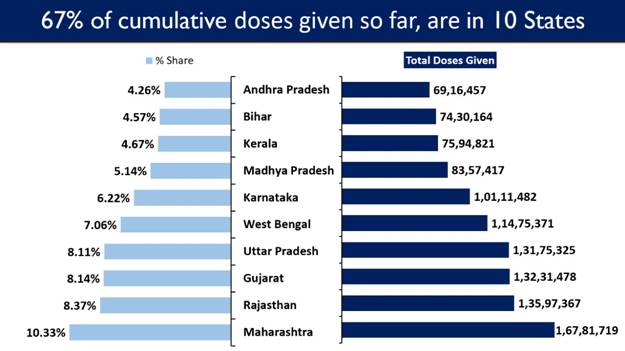Elevated Blood Pressure Linked to Genetic Predisposition, Increasing Risk of Cardiovascular Disease
A groundbreaking study conducted by the Norwegian University of Science and Technology’s Department of Public Health has revealed how specific genes related to hypertension impact blood pressure regulation in early childhood, raising concerns about the long-term risk of cardiovascular diseases.
High blood pressure is known to be the leading cause of heart attacks and strokes, and cardiovascular diseases are the second most common cause of death in Norway, accounting for 23% of all fatalities in 2022. These diseases are often the result of a combination of genetic factors and lifestyle choices. This new study highlights the significant role of genetics in shaping an individual’s blood pressure from a young age, offering new insights into how genetic variations may influence future health outcomes.
Researchers focused on hypertension-related genes by utilizing a genetic risk score derived from extensive population data. The study analyzed health information from participants in two large-scale studies: the HUNT Study from Trøndelag and the British Children of the 90s study. By comparing blood pressure levels in children with varying genetic predispositions, the research found that those with the highest genetic risk showed elevated blood pressure levels as early as age three, a trend that continued into adulthood.
The findings underscore the importance of genetic factors in shaping early blood pressure levels, contributing to an increased likelihood of developing cardiovascular issues later in life. However, the study also identified that lifestyle modifications, such as exercise and healthy eating, alongside medications, can significantly lower the risk of developing heart disease and stroke.
Experts emphasize that large-scale population studies provide invaluable data to help address risk factors and develop future preventative strategies. By understanding the genetic basis of early blood pressure trends, researchers hope to create more personalized interventions for individuals at higher risk.
Disclaimer: The findings of this study are based on research conducted by the Norwegian University of Science and Technology and are subject to further verification. This information should not be used as a substitute for professional medical advice. Individuals concerned about their blood pressure or cardiovascular health are advised to consult with healthcare providers for tailored guidance.












